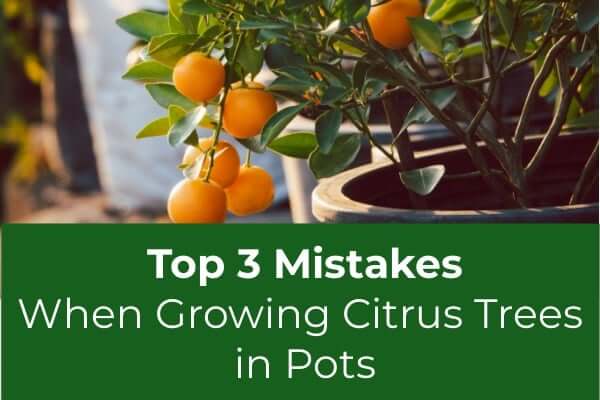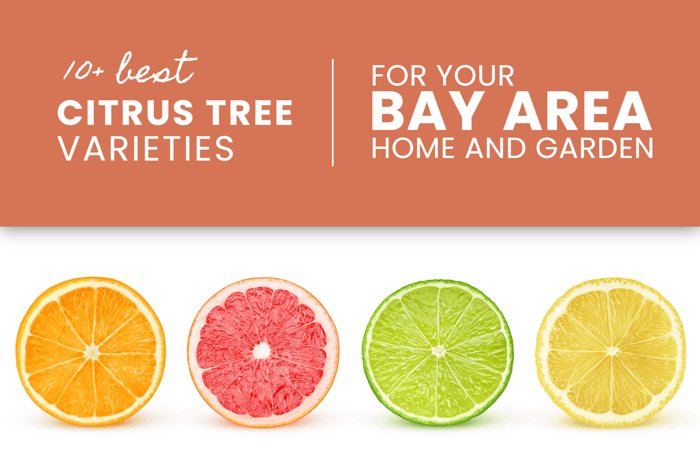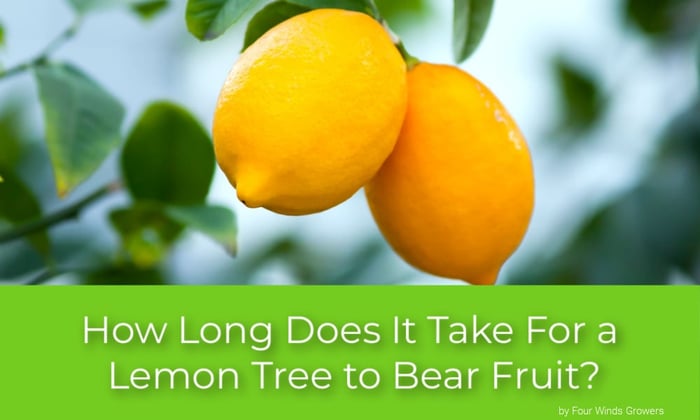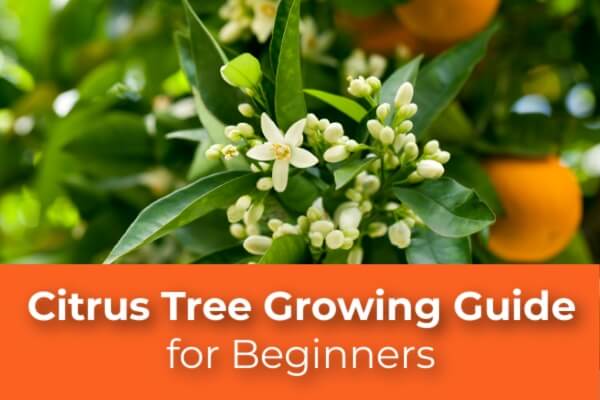Table of Contents
Top 3 Mistakes When Growing Citrus Trees in Pots
Citrus trees bring a burst of color, fragrance, and flavor to any garden space. Lucky for us, growing citrus trees in pots is an option, so you don't have to have big yard and Florida weather to grow your own fruit at home. They can thrive beautifully in pots with the right care. While there are a few common hiccups that can slow down their growth or fruit production, the good news is: they’re easy to avoid once you know what to look for.
In this post, we’ll walk through some of the most common pitfalls, and more importantly, how to sidestep them. Our goal is to help you grow healthy, vibrant citrus trees, and also the confidence and know-how to make your container garden a joyful, fruitful success.
Here are the Top 3 Mistakes that we have noticed new citrus growers make:
1. Overwatering:
One of the most common mistakes gardeners make when growing citrus trees in pots is the temptation to overwater. That is, watering too often. Citrus trees are resilient, but drowning them in excessive moisture can lead to root rot, which is the breakdown of the roots, as well as other issues like mealy bug and other pests. Overwatering can also cause leaves to turn yellow and drop.
To avoid this mistake, it's crucial to notice the watering needs of your citrus trees. Factors like hot or cold climate, soil, and container material (plastic, terra cotta, wood), as well as size play a role in determining the right watering schedule.
As a rule of thumb, let the top 2" of the soil dry out before watering deeply. If you find that your soil does not seem to dry out, consider that it may be too dense and you should repot in a chunkier mix with more drainage.
Our preferred choice for potting soil is Four Winds DIY Primo Potting Soil Mix. Its well-balanced composition ensures proper drainage, preventing the perils of overwatering. (Click here to read more about watering your fruit trees.)
2. The Wrong Potting Soil:
Choosing the right soil is a very important when you are growing citrus trees in pots. The wrong soil mix can lead to poor drainage, nutrient deficiencies, and hinder the overall health of your citrus plants. To use a readily available potting mix, we recommend a 5-1-1 combination, which is: 5 parts bark, 1 part citrus potting soil and 1 part perlite.
For optimal growth, consider using our DIY Primo Potting Soil Mix, which is a 5-1-1 blend that we have curated and is specially crafted to meet the unique needs of citrus trees in containers. Its well-aerated mix promotes root health, allowing your citrus trees to thrive.
Avoid the temptation to use all-purpose potting mixes or soils. Citrus prefer more aeration around their roots, akin to succulents and orchids.
3. Not Fertilizing:
Regular fertilization is key to ensuring your potted citrus trees receive the nutrients they need for robust growth and bountiful fruit production. Unlike trees planted in the ground, the only nutrients that your tree will have is provided by the soil mix and supplemental fertilizer applications, so it is up to you, the grower, to make those available for your tree. Not fertilizing your tree seasonally can lead to yellowing leaves, no flower or fruit production, and slower growth.
We recommend incorporating Romeo Plant Food or G&B Organics Fruit and Citrus Tree Fertilizer into your routine. These fertilizers are formulated to provide the essential nutrients citrus trees crave. Strike a balance and fertilize according to the recommended guidelines, typically during the growing season, which is early spring to early fall.
Final Notes:
Remember that success lies in the details. With time and experience, confidence grows when it comes to citrus trees. What I love about growing citrus is they are very resilient and forgiving plants, and can tolerate some mistakes along the way. I have made all of these mistakes with my own trees at some point, and with patience and course-correction, they almost always come back and give me a second chance.
Overwatering, the wrong soil, and improper or no fertilization can impede your gardening aspirations, but armed with the right knowledge and products, you're well on your way to a thriving citrus oasis.




